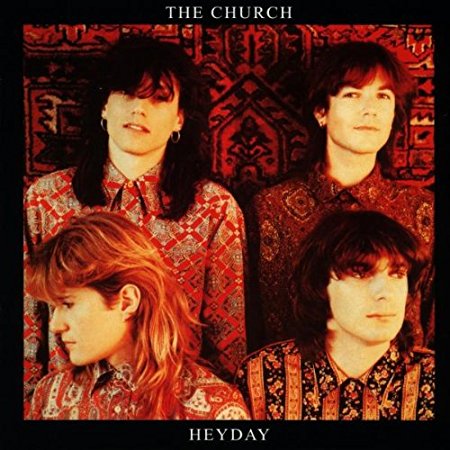고정 헤더 영역
상세 컨텐츠
본문
Morrissey's 'Viva Hate' Turns 30:How His Solo Debut Predicted His Post-Smiths Careerby Kenneth Partridge14th March, 2018'In his days as the headstrong, enigmatic lead singer of The Smiths, the most important U.K. Guitar band of the ‘80s, Morrissey wasn't itching to go solo. Why would he? The band was defined by his peculiar psychology—narcissism tempered by self-effacement topped with a wicked sense of humor—and driven by a genius guitarist, Johnny Marr, with no desire for the spotlight.
It was a nice arrangement.When Marr left The Smiths in 1987, ending the group’s run after four brilliant albums, Morrissey felt bewildered and betrayed. “The split is our final loss of innocence,” Moz writes in Autobiography, the 2013 memoir that reveals little about what actually what actually broke up indie’s Leiber and Stoller. To make matter worse, Morrissey soon learned he was contractually obligated to give EMI another album. Such was the impetus for his debut solo, Viva Hate.Viva Hate is the singer’s only album produced and co-written by Stephen Street, who’d overseen the Smiths’ final effort, 1987’s Strangeways, Here We Come.


Morrissey Viva Hate Review
With Strangeways, Marr had been determined to ditch the jangling guitars The Smiths had become known for, and Street seemed eager to pick up where Johnny left off.The result was an uneven, unfocused album that nevertheless proved Morrissey capable of making music without Marr. It wasn’t that Street was the wrong man for the job—it was more that the job of writing Morrissey solo music hadn’t yet been defined. That would come on Moz’s next few albums, where he culled from rockabilly and glam to create a musical identity separate from The Smiths. On Viva Hate, Street and guitarist Vini Reilly of The Durutti Column try a bit of everything, giving Morrissey drum loops, synths, and strings to sing over. Some experiments work better than others, but the team fares best when it sticks to traditionally Smiths-y sounds.“Angel, Angel, Down We Go Together,” a dramatic chamber-pop piece seemingly about suicide but actually written for Marr, who'd already begun playing with other musicians. It’s a classic case of Morrissey offering sympathy for someone while digging into them at the same time.
“When they've used you, and they've broken you, and wasted all your money” Morrissey sings, dwelling on these indignities a little longer than he needs to before finally pledging his devotion. It’s like his backhanded reassurance on the early Smiths tune “Reel Around the Fountain”: “People see no worth in you, but I do.”. Santa Cruz, California, United States Since becoming an Online Business Coach, I have consulted hundreds of friends, students and private clients on the best methods to setting up their internet business and running online auctions. Contact me for one on one coaching appointments anywhere in the San Francisco or Monterey Bay Areas.I'm also a DJ/Programmer at a local community radio station KZSC.org, 88.1 FM with a show called 'Living in the '80s'. For all the best '80s New Wave classics and the best new music from those artists that continue to thrive today! The mp3 files on this site are for sampling purposes only and will only be posted for a limited period of time.
Viva Hate Morrissey Blogspot App Youtube
Most of the mp3s are remixes, extended and limited versions which are deleted, no longer available for purchase and would not be heard otherwise. However, please support these artists by going to their concert or purchasing their latest release. If you are one of these artists and would like your music removed from this site, please contact me via the e-mail on this site and I will endeavor to remove them as soon as possible.




